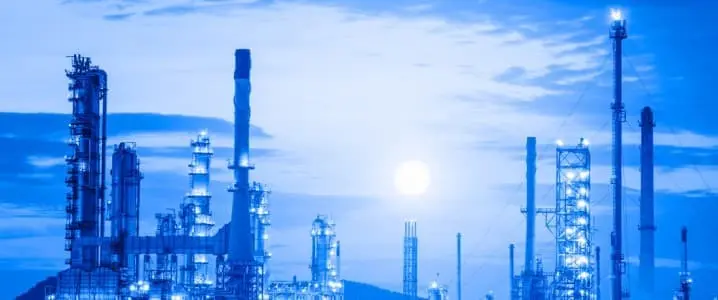
India unveils plans to build three new strategic oil reserves in Bikaner, Mangalore, and Bina, aiming to boost emergency stockpiles
Strategic Stockpiles: India’s Energy Lifeline in a Volatile World
Strategic Oil Reserves – As the world’s third-largest oil importer, India is taking decisive steps to shield itself from global supply shocks. The government has announced plans to build three new strategic petroleum reserves (SPRs) in Bikaner (Rajasthan), Mangalore (Karnataka), and Bina (Madhya Pradesh) a move that could significantly bolster the country’s emergency fuel stockpile.
Table of Contents
Currently, India maintains SPRs at Mangalore, Padur and Visakhapatnam, with a combined capacity of 5.33 million tonnes. These reserves can sustain the country’s fuel needs for approximately 9.5 days in the event of a supply disruption. However, when combined with commercial inventories and in-transit supplies, India’s total coverage extends to 75 days still short of the 90-day benchmark required for membership in the International Energy Agency (IEA).
The new facilities are expected to add:
- 5.2–5.3 million tonnes in salt caverns at Bikaner
- 1.75 million tonnes in Mangalore
- An undisclosed capacity in Bina, pending feasibility studies
According to L.R. Jain, CEO of Indian Strategic Petroleum Reserve Ltd (ISPRL), the expansion is essential to meet rising domestic fuel demand and to prepare for “exigencies” such as geopolitical tensions, natural disasters, or global price spikes.
Policy Shift: Private Participation and Global Alignment
India’s approach to strategic reserves is also evolving. In a significant policy shift, the government has opened the door to private sector participation and commercialisation of SPRs. This mirrors successful models in Japan and South Korea, where oil majors lease storage space and are allowed to trade crude oil commercially.
This hybrid model offers several advantages:
- Reduces fiscal burden on the government by leveraging private investment
- Improves operational efficiency through industry expertise
- Enhances crude diversity by allowing lessees to store oil from multiple sources
The state-run Engineers India Ltd is currently conducting feasibility studies for the new sites. Once completed, the proposals will be submitted to the Union Cabinet for final approval.
The expansion also aligns with India’s broader energy strategy, which includes:
- Diversifying crude import sources to reduce dependency on any single region
- Boosting domestic refining capacity
- Accelerating renewable energy adoption to reduce long-term fossil fuel reliance
With global oil markets increasingly influenced by geopolitical flashpoints from the Middle East to Eastern Europe, India’s proactive stance is both timely and strategic.
Strategic Significance: From Energy Security to Global Influence
The decision to expand SPRs is not just about fuel, it’s about national resilience and global positioning. By increasing its emergency reserves, India sends a clear message: it is ready to weather supply shocks and assert itself as a responsible energy consumer on the world stage.
Key strategic benefits include:
- Enhanced bargaining power in global oil markets
- Improved disaster preparedness during supply chain disruptions
- Eligibility for IEA membership, giving India a stronger voice in global energy governance
Moreover, the choice of Bikaner, a desert region with ideal geological conditions for salt cavern storage reflects a long-term vision. Salt caverns offer greater safety, lower maintenance costs, and faster injection/withdrawal rates compared to conventional tank farms.
The expansion also supports India’s energy transition goals. While renewables are on the rise, oil remains critical for transportation, defense, and industrial sectors. Strategic reserves act as a bridge between energy security and sustainability, ensuring continuity while the country scales up green alternatives.
Conclusion:
India’s plan to expand its strategic oil reserves is a bold and necessary step toward energy sovereignty. In a world where supply chains are fragile and energy prices volatile, the ability to store and manage critical resources is a national imperative. With new facilities in Bikaner, Mangalore, and Bina on the horizon, India is not just storing oil, it’s storing confidence, stability, and strategic foresight.
Stay updated with the latest news on Rapido Updates. Keep yourself updated with The World, India News, Entertainment, Market, Automobile, Gadgets, Sports, and many more
2 thoughts on “Strategic Oil Reserves – India’s Bold Push to Fortify Energy Security”